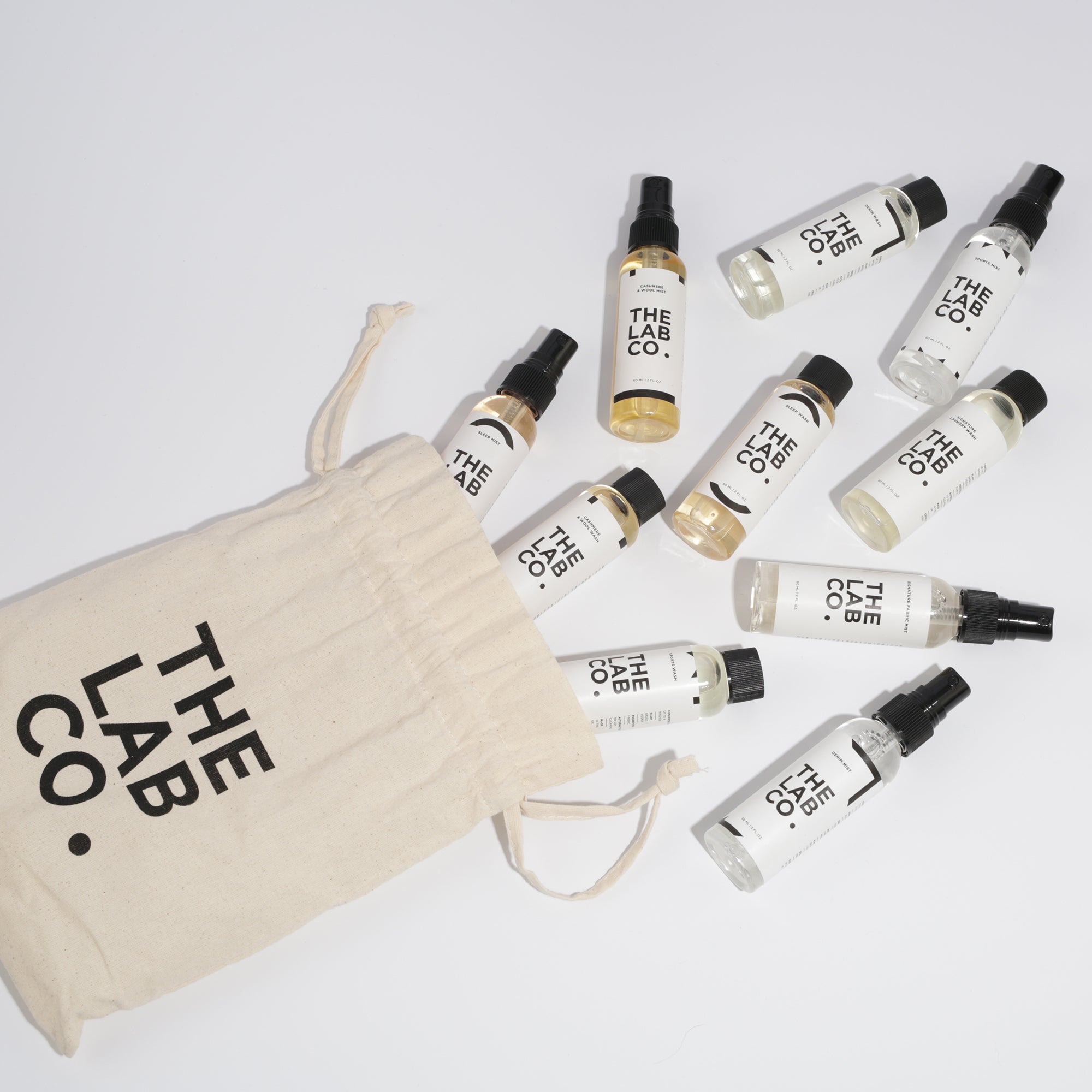
The science of scent
The Science of Scent
Whether it’s conjuring memories or actively impacting our mood, the power of scent has long been considered an invaluable tool. It’s also never been a more prominent subject - particularly given the current news agenda, with the loss of taste and smell being noted as possible symptoms of COVID-19 and its link to our nervous system.
As one of our five key senses, smell plays a vital role in the way we interact with the world around us. Given that studies suggest the human nose can detect as many as a trillion different odours, is its power really any wonder? From simple indicators like knowing when to put on deodorant to more complex tasks like our attraction to a potential partner’s pheromones; it’s a tool that many of us take for granted on a daily basis.
The scent journey begins with a strip of tissue called the olfactory epithelium, located in the back of the nose. This tissue contains millions of tiny threadlike receptors, each of which can find themselves triggered by different kinds of odour molecule. So, when we talk about being able to smell something, it’s really a whole range of these tiny receptors reacting differently to an odour in order to build up a picture for our brain - a bit like creating a collage using lots of small, overlapping bits of paper.
Scent can have a big impact on the human brain, as well as it working the other way around. While feeling anxious can actually cause our sense of smell to become more acute, studies have also found that certain smells can have a positive (and incredibly relaxing) impact on the human body. Sounds intriguing, am I right?
When we’re feeling a particular emotion - be it love, anger, stress or anxiety - our sense of smell is often heightened, a state known as Hyperosmia. It has a similar effect to increasing the concentration of a scent, meaning that we might pick up on smells we wouldn’t normally notice.
There’s also a very simple reason why many of us reach for an essential oil or feel the need to light a deliciously smelling candle when we’re trying to relax. Studies have found that the use of scent (aromatherapy) can have positive psychological and physical effects.
While research is limited and much remains unknown about our nervous system, a number of studies suggest that essential oils such as lavender have a calming effect, noticeably reducing overall levels of anxiety. Similarly, certain citrus fruits like lemon and grapefruit can have an altogether more energising effect.
The best part is that unlike relaxants like sedatives that come with nasty side effects, essential oils used in aromatherapy have no negative drawbacks, meaning that there’s nothing to lose by trying them out.
So, there you have it. Smell really does have an impact when it comes to heightening or calming our emotions. Whether you’re spraying lavender on your pillow or using The Lab Co Sports Wash to revitalise your kit (and yourself) with the citrusy scent of grapefruit, it’s always worth taking scent into account.



